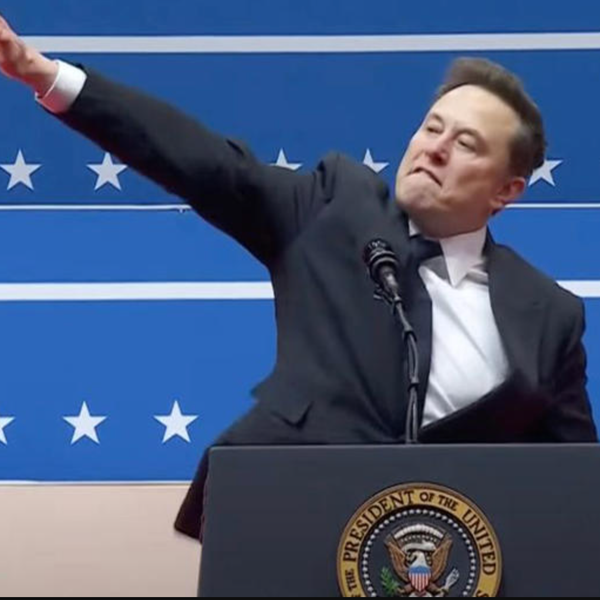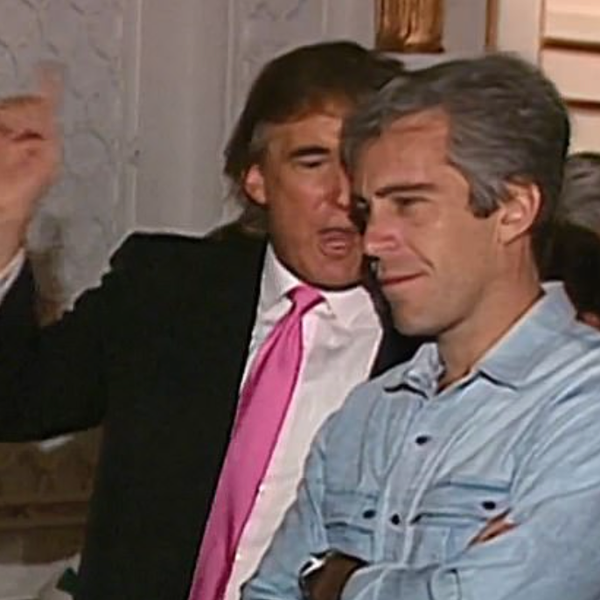
So I had myself an epiphany.
Actually, that’s not quite the right word. An epiphany is a moment of sudden clarity, but mine rolled in slowly, like dawn on a crystal morning.
I’m not sure when it began. Maybe it was in 2012 when Trayvon Martin was killed and much of America held him guilty of his own murder. Maybe it was in 2013 when the Voting Rights Act was eviscerated and states began hatching schemes to suppress the African-American vote. Maybe it was on Election Day. Maybe it was a few weeks later, when a South Carolina jury deadlocked because the panel — most of them white — could not agree that it was a crime for a police officer to shoot an unarmed black man in the back. Could not agree, even though they saw it on video.
I can’t say exactly when it was. All I know is that the dawn broke and I realized I had forgotten something.
I had forgotten that I am black.
Yes, I know what the mirror says. And yes, I’ve always known African Americans face challenges — discrimination in health, housing, hiring, and a racially biased system of “justice,” to name a few. But I think at some level, I had also grown comfortable in a nation paced by Oprah, LeBron, Beyonce, and Barack. The old mantra of black progress — two steps forward, one step back — had come to feel … abstract, something you said, but forgot to believe.
So when we hit this season of reversal, I was more surprised than I should have been. I had forgotten about being black. Meaning, I had forgotten that for us, setback is nothing new.
Right after the election, as I was grappling with this, I chanced to see this young black woman — Melissa “Lizzo” Jefferson — on “Full Frontal With Samantha Bee,” and she performed “Lift Every Voice and Sing,” also known as the “Negro National Anthem.” Something about that song always gets to me. Something about it always stirs unseen forces, shifts something heavy in my soul.
“Lift Every Voice” was written by James Weldon Johnson in 1900. That was 23 years after the Republicans sold out newly freed slaves, resolving a disputed election by striking a backroom deal that made Rutherford B. Hayes president on condition he withdraw from the South federal troops who had safeguarded African-American rights and lives since the end of the Civil War. It was five years after the first “grandfather clause” disenfranchised former slaves by denying the ballot to anyone whose grandfather did not vote. It was four years after the Supreme Court blessed segregation.
And it was a year in which 106 African Americans were lynched — a routine number for that era.
Yet in the midst of that American hell, here was Johnson, exhorting his people to joy.
“Lift every voice and sing
Till Earth and heaven ring
Ring with the harmonies of liberty
Let our rejoicing rise
High as the listening skies
Let it resound,
Loud as the rolling sea.”
Lord, what did it take to sing that song back then?
I pondered that as the year deepened into December, as Christmas came and went, as the ball dropped in Times Square. Now here it is Black History Month, and I know again what I had somehow forgotten.








